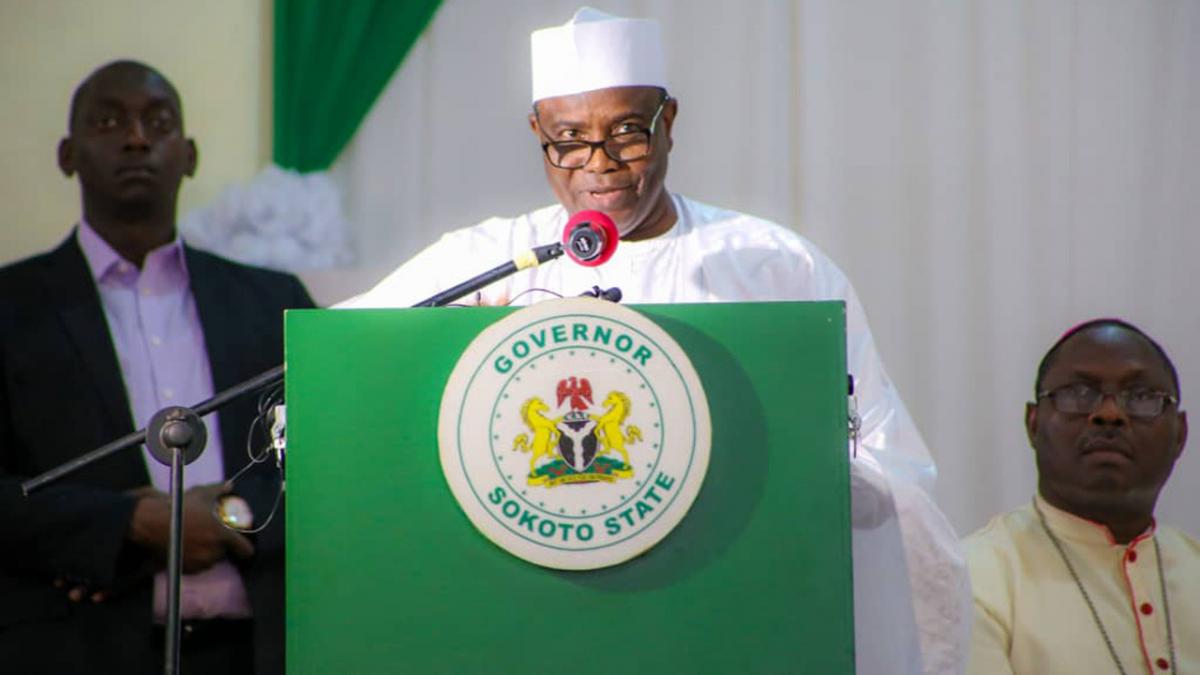There are no products in your shopping cart.
| 0 Items | £0.00 |

 SOKOTO State government has granted an amnesty to about 8,000 suspected ghost workers and those collecting abnormal salaries under its payroll if they come clean and admit their offences between now and December 9.
SOKOTO State government has granted an amnesty to about 8,000 suspected ghost workers and those collecting abnormal salaries under its payroll if they come clean and admit their offences between now and December 9.
Like many on Nigeria's states, Sokoto's civil service is plagued with the scourge of non-existent workers who act as a drain on meagre resources. To plug this and free up revenue for the provision of public services, Alhaji Abdussamad Dasuki, the Sokoto State finance commissioner and acting chairman of the state steering committee on integrated payroll and internally generated revenue (IGR), said an amnesty was the best way forward.
He said the initiative was to enable civil servants collecting salaries they did not earn and those engaged in improper practices to come forward and open up under confidentiality conditions. Pointing out that the period of the amnesty began on November 27 and ends at midnight on December 9, he added that anyone who came forward is guaranteed a state pardon.
Alhaji Dasuki said: “Government is therefore calling on those concerned to avail themselves of this initiative. At the end of this period, appropriate sanctions will be meted out to those found wanting following Civil Service Rules and relevant laws.
“These include suspected ghost workers, wrong computation of salaries and inappropriate and inflated implementation of salary scales of certain cadres of civil servants. Similarly, civil servants or members of the public with relevant information that can assist in the discovery and/or resolution of problems in the payroll system are invited to approach the committee.
“However, this is with the assurance of confidentiality and reward where appropriate. Those willing to cooperate can contact the committee directly or reach out through the following phone numbers - 08105475900, 08144885521 08106010490."
He added that in the course of the committee’s activities, a lot of wrongdoings were discovered. According to Alhaji Dasuki, members of the public can also reach the committee through any of its members, the state executive council, special advisers, permanent secretaries or parastatal directors-generals, with an equal guarantee of secrecy and appreciation.